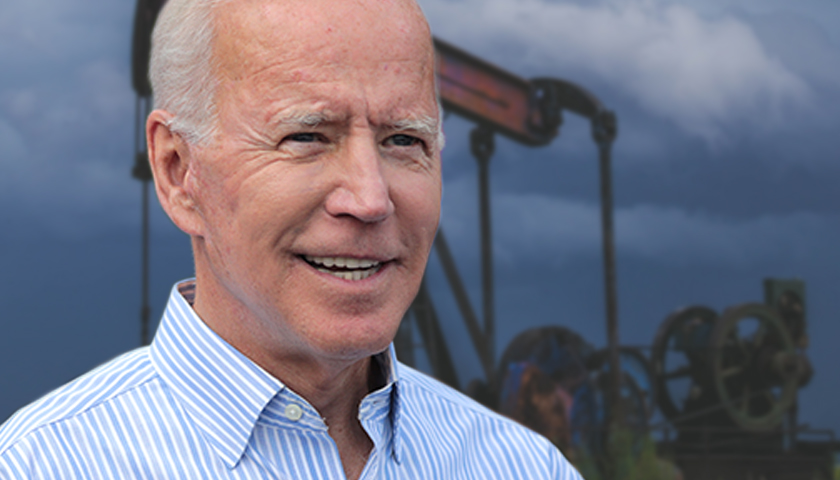by Larry Behrens
With President Biden pressing on with attacks against America’s oil and natural gas workers to push his environmental agenda, it’s past time to shed a little light on the failure he’s promoting. He may claim that his proposal to produce 80% of America’s electricity through non-carbon sources is a bold new idea, it’s actually a green failure that he’s trying to recycle…and we’ve got the receipts from two states to prove it.
Let me introduce you to California and Arizona, two neighboring states where one has embraced the Biden Green Plan for years while the other rejected it. Rest assured, Biden, John Kerry, and their army of eco warriors are hoping you ignore the following inconvenient truths.
In November 2018, Arizona voters soundly defeated Prop 127 by a margin of more than 2 to 1. The ballot measure was heavily pushed by former presidential candidate current extreme eco-leftist billionaire Tom Steyer. Similar to Biden’s plan, Prop 127 required Arizona to get 50 percent of its power from “renewable” sources by 2030. Keep in mind, these are the same voters that would elect a Democrat to the US Senate and give its electoral votes to Biden just two years later, tipping the presidential race toward the left. In other words, Prop 127, less restrictive than the Biden plan, proved to be too extreme for down-the-middle voters.
While 70 percent of Arizonans were rejecting the (future) Biden plan, California lawmakers passed SB 100 which forced a renewable standard of 60 percent by 2030.
The vastly different results speak for themselves.
Working families in California were on the receiving end of rolling blackouts in August 2020 as temperatures reached triple digits in some areas. Those blackouts, the first in nearly 20 decades, might not be the last as regulators warn it could be “lights out” for The Golden State in summer 2021 as well.
At the very same time California’s families were scrambling for the power to stay cool, the residents of Phoenix were enduring 50 straight days of temperatures of over 110 degrees. Yet, families were able to stay cool because Arizona relies on natural gas and nuclear power for most of their energy. Both of those sources are outlawed under California’s radical plan. Voters rejected the Biden plan and not only did the power keep flowing, but their wallets didn’t suffer. Lower energy costs and no power outages is the result in Arizona.
California’s families already pay some of the highest eclectic rates in the nation, but in just the last year alone, the price of electricity has shot up nearly 11 percent. So, while the people of California were dodging rolling blackouts, they were also paying an ever-increasing premium for adopting the Biden plan.
For the record, the average electric bill in Arizona increased a mere 0.1 percent during the same time.
Sadly, these terrible results are just the beginning. Today, California is able to skirt some of the worst impacts of their terrible decisions because their leaders import 25 percent of all their electricity from other states, including places that, you guessed it, produce that electricity from carbon-based sources. You shouldn’t be surprised to learn that one of the states that sells California their power is…Arizona.
If the U.S. adopts the California/Biden plan, there is no backup state for us to import our power. There’s just high prices, rolling blackouts and empty promises. Those are the only real sources of power in the Biden plan.
– – –
Larry Behrens is the author of the report, “Lights Out: How Green Mandates Are Undermining the Affordability and Reliability of Electricity.” He currently works as the Western States Director for Power The Future, an organization fighting for America’s Energy Workers. He previously served as Communications Director for New Mexico Governor Susana Martinez. You can find him on Twitter at @larrybehrens and @PTFNewMexico or email at [email protected].
Photo “Joe Biden” by Gage Skidmore CC BY-SA 2.0.








